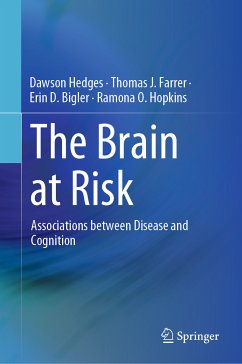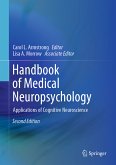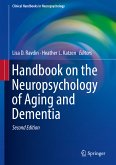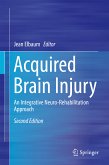The book's topics include
- Cognition in affective disorders
- Cerebrovascular disease and cognition
- Cognitive sequelae of sepsis
- Traumatic brain injury and cognition
- Cognitive deficits associated with drug use
- Obstructive sleep apnea and cognition
- Cognitive function in pulmonary disease
The Brain at Risk reflects the current interest in the links between body, mind, and brain, and will be of great value to researchers and practitioners interested in neuroscience, neuropsychology, and clinical research in the cognitive and behavioral consequences of brain injury and disease.
Dieser Download kann aus rechtlichen Gründen nur mit Rechnungsadresse in A, B, BG, CY, CZ, D, DK, EW, E, FIN, F, GR, HR, H, IRL, I, LT, L, LR, M, NL, PL, P, R, S, SLO, SK ausgeliefert werden.









